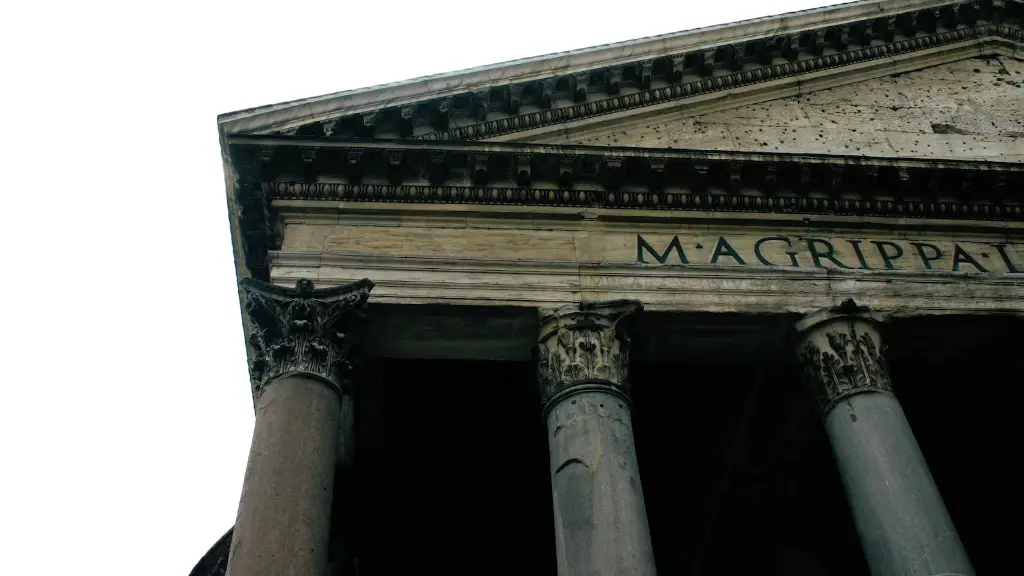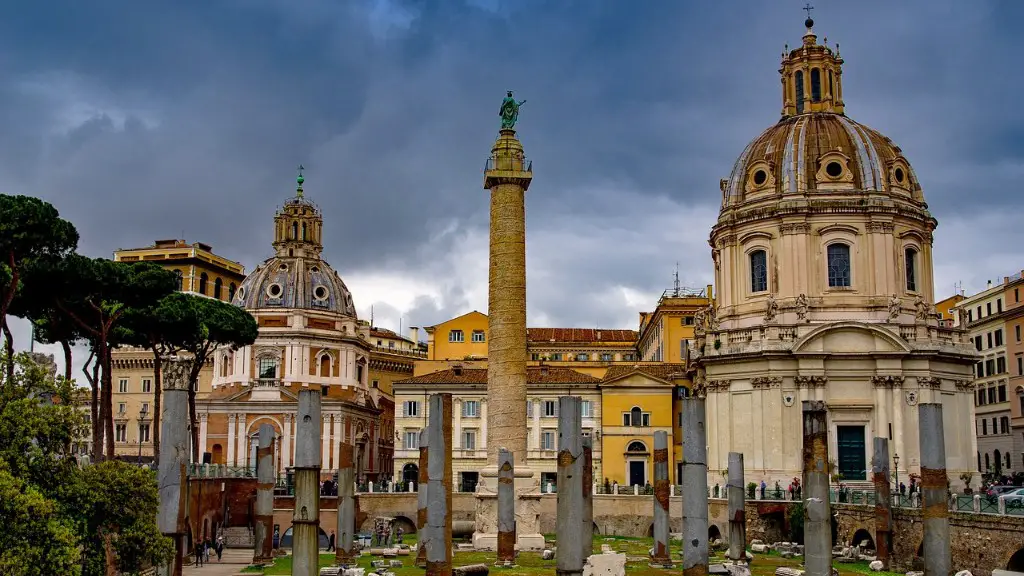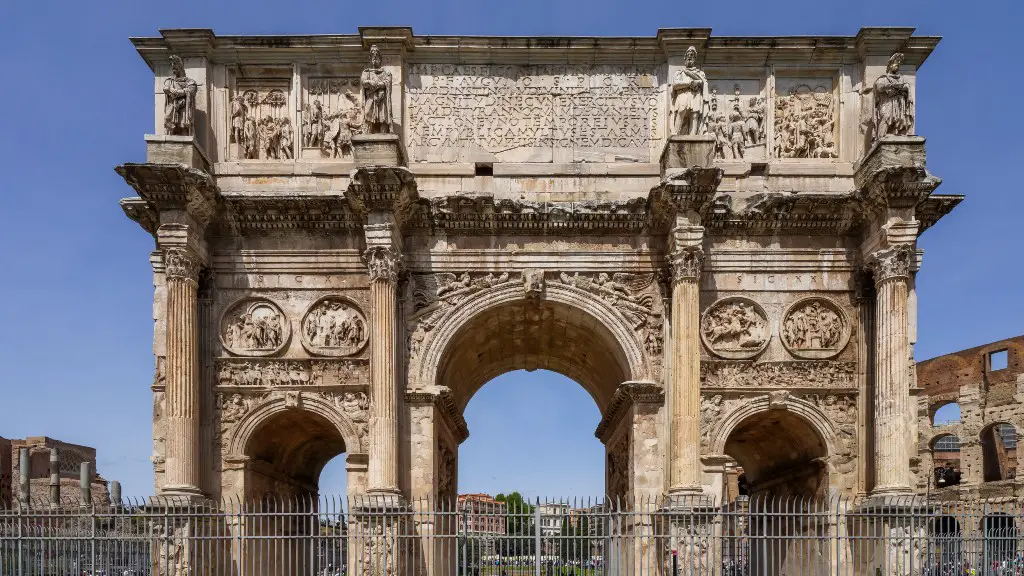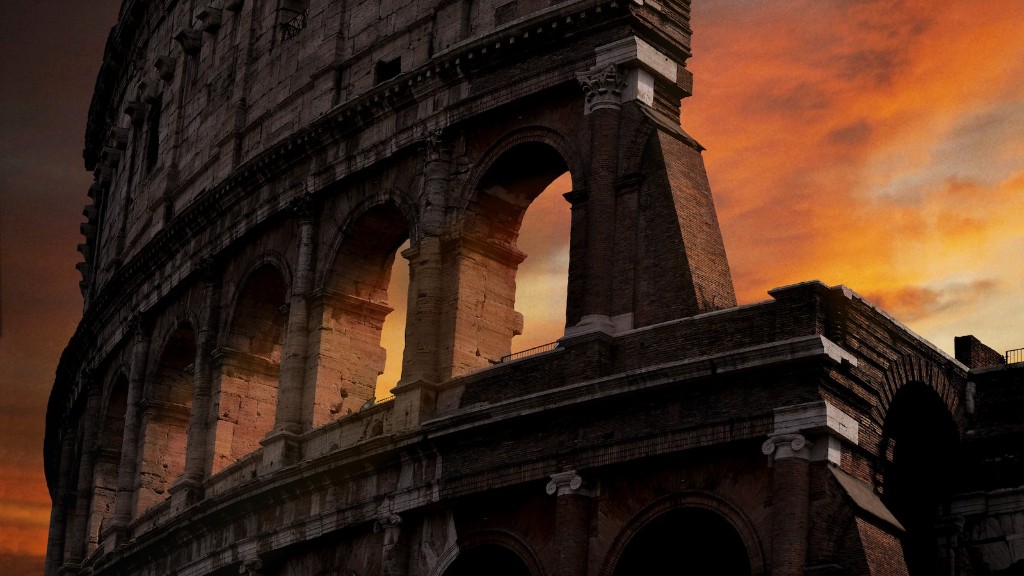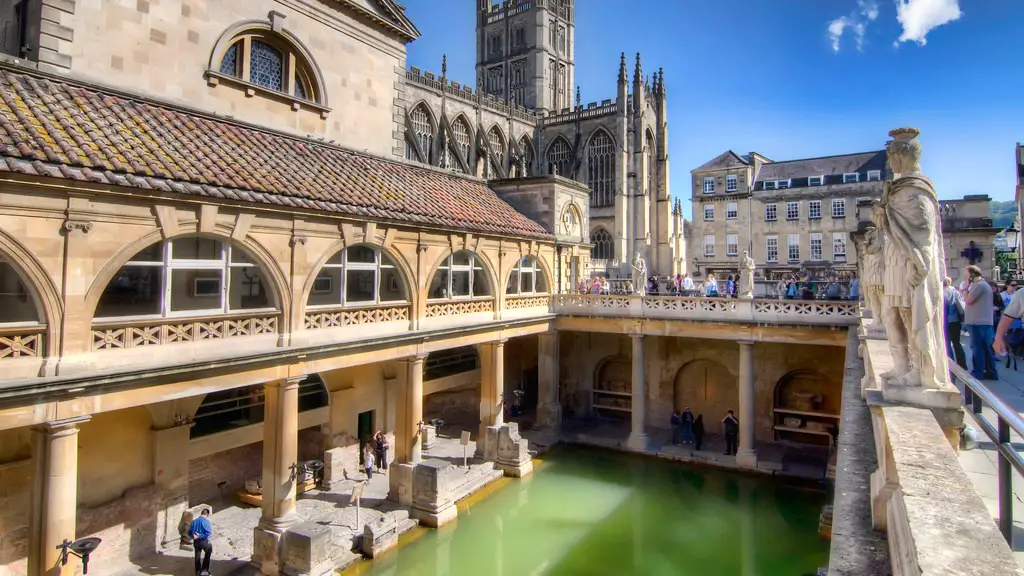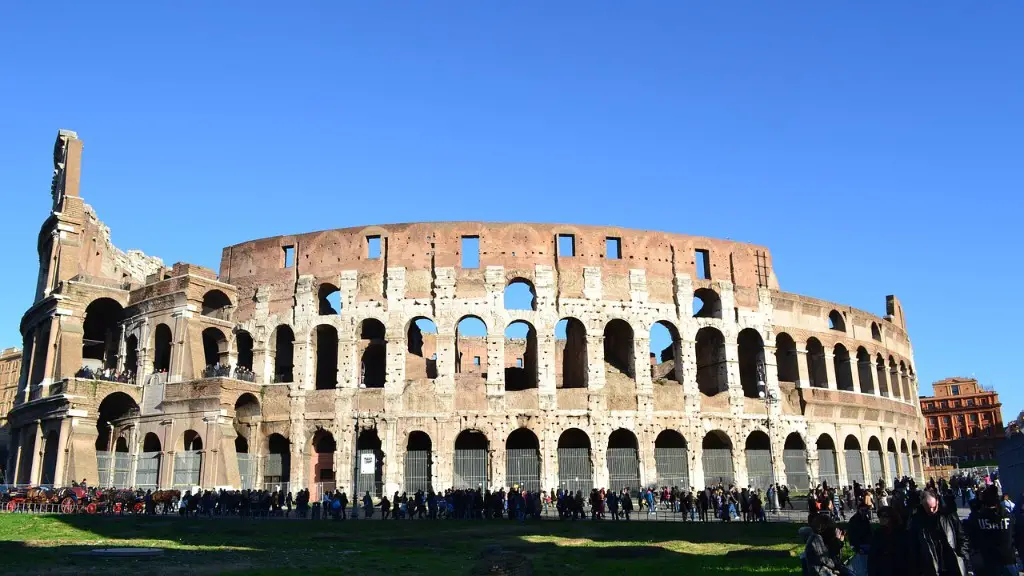Religion played an important role in the lives of ancient Romans. It was a way to connect with the gods and goddesses and to ask for their protection and guidance. Religion also helped to bring the community together and gave people a sense of shared identity and purpose.
The Roman Empire was one of the most powerful empires in the world for centuries. During that time, the Roman Empire was greatly influenced by religion. Religion played a significant role in the lives of ancient Romans. It affected their daily lives, their culture, and their political decisions.
How did religion affect the Romans?
In ancient Rome, religion was the backbone of many of their most important beliefs. It informed not only the way they lived their lives, but also the nature of their architecture and surroundings. From its earliest days, ancient Rome was polytheistic.
The object of Roman religion was to secure the cooperation, benevolence, and “peace” of the gods (pax deorum). The Romans believed that this divine help would make it possible for them to master the unknown forces around them that inspired awe and anxiety (religio), and thus they would be able to live successfully. In order to achieve this goal, the Romans engaged in a number of practices, including prayer, sacrifice, and divination.
How did religion play a role in Rome
Roman religion involved cult worship, which means that the gods were worshipped through rituals. These rituals were designed to be perfectly accurate, so that the gods would approve of them. Each god needed an image, usually in the form of a statue or relief, and an altar or temple where people could offer prayers and sacrifices.
The ancient Romans were a religious people and believed that the gods helped them in their daily lives. They had temples and followed rituals for their gods. This religion was so important to them that they often sacrificed animals, slaves, or even prisoners for their gods.
What is the major religious influence of Rome?
The Roman Empire was a primarily polytheistic civilization, which meant that people recognized and worshiped multiple gods and goddesses. Despite the presence of monotheistic religions within the empire, such as Judaism and early Christianity, Romans honored multiple deities. Some of the most popular gods and goddesses worshipped by the Romans include Jupiter, Juno, and Minerva. The Roman pantheon also included a number of lesser-known deities, such as Janus, Vulcan, and Cupid.
The Roman religion was tolerant of other religions as long as they also honored Roman gods. The Roman religion included many major and minor gods, headed by the sky god Jupiter. In Roman belief, a sort of contract existed between the people and their gods.
What are 3 facts about Roman religion?
The Romans worshipped in temples. Most temples were dedicated to one god, but a temple where all the gods were worshipped was known as a pantheon. Animal sacrifice was a part of temple worship.
Christianity became the official religion of Rome because it was a unifying force and it appealed to all classes in society. The humble, poor and oppressed found comfort in his message of love, equality, human dignity, and promise for a better life.
How did the Romans attitude about religion
The Romans were known for their religious beliefs and practices. They believed that any failure to worship their gods could negatively impact society as a whole. The Latin word religio translates to “obligation to the gods”, emphasizing how integral religion was to Roman culture and politics. Although Rome was a polytheistic society, they were especially devoted to the gods Jupiter, Mars, and Quirinus. Rome’s pantheon also included minor dieties, local gods, and foreign gods that were adopted over time. Worship took place in temples and public shrines, and festivals were held throughout the year to honor the gods. Animal sacrifice was a common practice, and the Roman government even had a group of priests, the Pontifices, whose job was to oversee religious matters. Given the importance of religion in Roman society, it’s no surprise that many of their political and social institutions were intertwined with their religious beliefs.
The ancient Greeks were a very advanced society, especially for their time period. They are well known for their art, literature, and monuments. One thing that the Greeks were especially good at was engineering and architecture. The Romans were heavily influenced by the Greeks in these areas, but they were also able to make improvements to certain borrowed Greek designs and inventions. For example, they continued the use of columns, but the form became more decorative and less structural in Roman buildings.
How did Roman religion change at the beginning of the Roman Empire?
In 313 AD, the Emperor Constantine issued the Edict of Milan, which granted official status to Christianity in the Roman Empire. This event marks a significant turning point in the history of Christianity, as it now had the backing of the ruling empire. Christianity would go on to become the dominant religion of Europe and much of the world.
Christianity was appealing to the people of the Roman Empire because it offered a personal relationship with a god and a way to eternal life. These things brought hope to those who were oppressed by the Empire as the religion was open to all.
What is Rome known for religion
Rome has been an important worldwide center for religion for more than two millennia. The city is commonly regarded as the “home of the Catholic Church”. This is because the Bishop of Rome has a primacy of ecclesiastical doctrine.
The rise of Christianity may have played a role in the fall of the western half of the Roman Empire, but it was not the sole cause. Rome fell in 476 CE, but that was not the end of the Roman Empire. In 395 CE, the Empire was split for the last time in two.
Did Christianity destroy the Roman Empire?
The rise of Christianity did play a part in the decline of the Roman Empire. It eroded traditional Roman beliefs and values and caused conflicts between Christians and those who continued to hold onto the old pagan philosophies. Christianity also undermined the authority of the Roman state.
Christianity was appealing to many members of the lower classes in the Roman empire not only because of its promised liberation from any afflictions encountered in this world but also because of the established community that was totally equal, regardless of social class or gender, through baptismal promise. Christianity guaranteed liberation from this world’s problems and also provided a sense of community and belonging that was often lacking in the lower classes of society.
Final Words
Religion was a very important part of the lives of ancient Romans. They believed in many gods and goddesses and their beliefs affected every aspect of their lives. For example, they would consult with priests before making any major decisions, such as going to war. They also believed that it was important to honor their ancestors and would often make offerings to them. Religion was a very important part of the lives of ancient Romans. They believed in many gods and goddesses and their beliefs affected every aspect of their lives. For example, they would consult with priests before making any major decisions, such as going to war. They also believed that it was important to honor their ancestors and would often make offerings to them.
Religion played a significant role in the lives of ancient Romans. It was a major source of social and political power. Religion was also a key factor in the economic and cultural development of Rome. Religion helped to shape the identity of the Roman people and shaped their view of the world around them.
